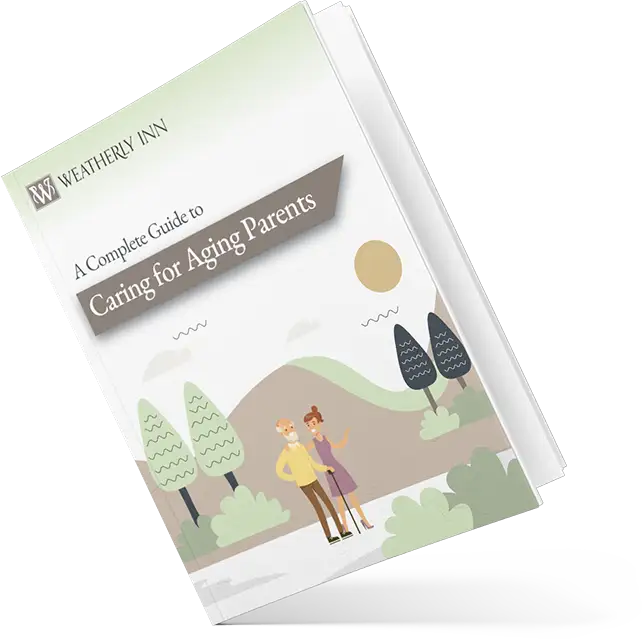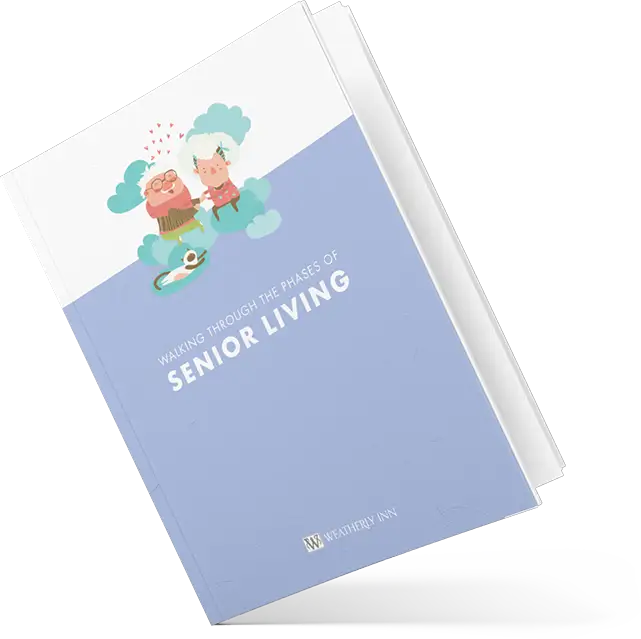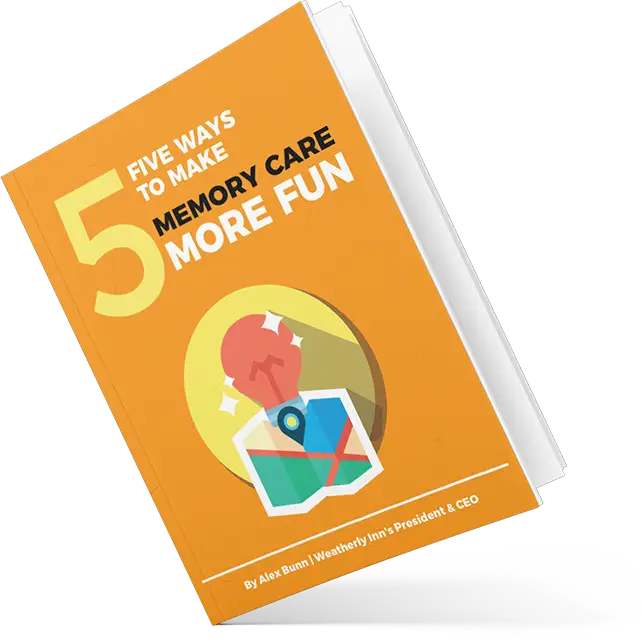September 17, 2025
Many assume, consciously or not, that once a certain age is reached, a person stops learning and growing. You’ve probably heard the saying “you can’t teach an old dog new tricks,” and it is true: a great deal of people stop actively trying to explore and learn new things as they age. However, people aren’t dogs, and research and lived experience actually show that learning new skills or hobbies has numerous health benefits. Not only can it support brain health, but learning new things can also strengthen social connections, inspire a sense of purpose, and improve overall quality of life in the golden years. Let’s talk about it.
Why Learning Never Stops
Curiosity does not retire. Even during life’s golden years, the human brain remains adaptable. Neuroplasticity, which is the ability to create and reorganize neural pathways in response to new experiences, can be exercised just like a muscle. When someone of any age engages in learning, they stimulate these pathways, helping maintain sharpness and resilience well into later life. Today’s seniors are redefining what it means to age actively, proving that lifelong learning is possible at every stage.
Cognitive Benefits
Taking up a new skill, whether it is playing a musical instrument, learning a language, or painting, engages multiple areas of the brain. This improves memory, concentration, and executive functioning. Regular practice of mentally stimulating activities has been shown to lower dementia risk and slow cognitive decline. Combining mental stimulants with physical activity, such as learning new steps while dancing, can further enhance brain health by supporting blood flow and growth in memory-related brain regions.
Emotional and Psychological Gains
Along with exercising your brain, learning later in life also brings a sense of accomplishment. Completing projects, mastering techniques, or even simply trying something new can build self-confidence and motivation. The ongoing pursuit of knowledge helps reduce stress, boosts mood, and creates a renewed sense of purpose. For many older adults, learning becomes not only a pastime but also an anchor for emotional stability and mental health.
Physical Health Advantages
Certain hobbies naturally encourage physical activity. Gardening, tai chi, chair yoga, or group dance classes improve coordination, balance, and flexibility. These physical activities are gentle enough to adapt to individual needs while still reinforcing independence and vitality. The combination of movement and mental engagement creates a powerful protective effect for both body and brain.
How Hobbies Can Bring Social Connections
One of the strongest benefits of lifelong learning lies in its social impact. Hobbies and group classes bring older adults together, reducing loneliness and isolation. Whether through book clubs, choirs, woodworking groups, sewing circles, or art workshops, learning creates opportunities for genuine friendships and supportive communities. Intergenerational programs, where seniors share their journey with younger participants, add further richness and connection.
Advantages and Disadvantages of Starting Later
Older adults bring unique strengths to learning: patience, life experience, and flexible schedules. These advantages support steady progress and appreciation for the learning process. Common challenges such as mobility limitations, transportation needs, or unfamiliarity with technology are real but not insurmountable. Senior living communities and assisted living facilities increasingly offer adaptive equipment, on-site classes, and user-friendly online courses designed to help learners of all abilities thrive.
Practical Skills for Daily Living
Learning new skills isn’t just about hobbies; it can also be a practical way to improve daily independence. Older adults who learn to navigate smartphones or video chat platforms can stay connected with family and access telehealth services. Cooking new recipes or trying light home projects fosters self-reliance and confidence. Even fall prevention exercises or balance training can be approached as skill-building, enhancing both safety and dignity.
How to Get Started
Choose one area of interest and begin small. A half-hour a day spent on painting, music, gardening, or even online courses can fit comfortably into most routines. Pair the activity with a light social element—such as inviting a neighbor or joining a local group—to add accountability and joy. Progress should be measured in small wins rather than perfection, like logging milestones or celebrating attempts, to create motivation and continuity.
Common Questions
What are some benefits of learning new skills?
Improved memory, greater focus, stronger social ties, and enhanced quality of life.
How does lifelong learning benefit a person as they age?
It protects brain health, strengthens resilience, and sustains independence.
Why are hobbies important for seniors?
They provide meaningful structure, spark social interactions, and nurture emotional well-being.
What happens to your brain when you learn a new skill?
The brain forms and strengthens neural pathways, improving memory and adaptability.
What are the benefits of lifelong learning?
Enhanced cognitive health, sustained social engagement, and higher overall quality of life.
Why are learning skills important?
They empower older adults to continue learning, adapt to new environments, and remain independent.
What is the importance and benefit of skills?
Skills promote safety, self-reliance, and confidence, opening opportunities for connection and joy.
Finding The Right Hobbies for Seniors
When looking for hobbies for seniors, start with activities that match energy levels and personal interests. Social hobbies like choirs or clubs provide interaction, while solo pursuits such as painting or memoir writing encourage creativity and reflection. Physical activities can double as learning opportunities, like gardening or walking groups. Online courses and continued education programs offer flexible access, while adaptive equipment ensures comfort and dignity.
Why Trust Weatherly Inn?
Weatherly Inn was founded on the belief that senior living should always reflect style and soul. For more than 35 years, this locally-owned, family-led company has provided warm, inviting communities across Tacoma, Kent, and Renton. With independent living, assisted living, and memory care, Weatherly Inn creates environments where grandparents love to live, and where families can’t wait to visit.



